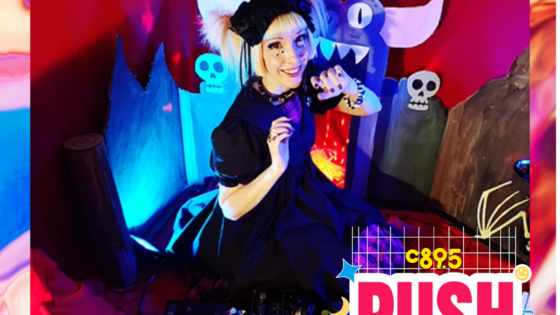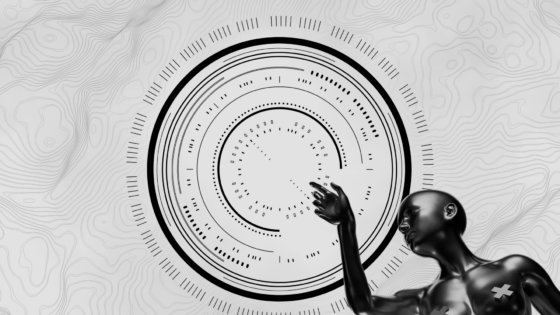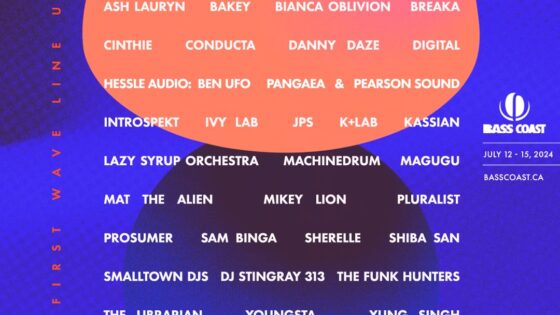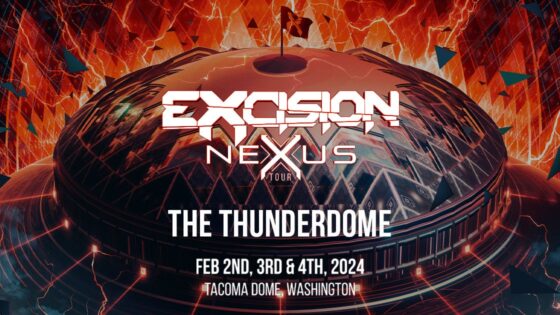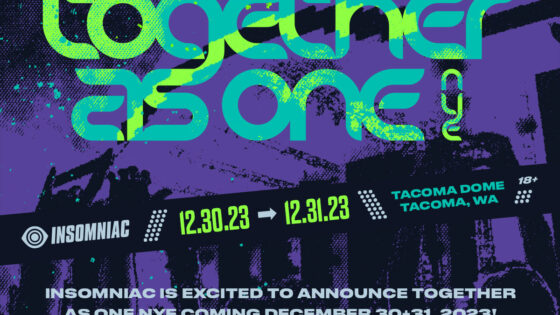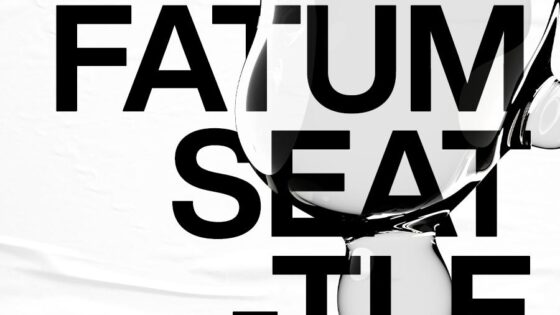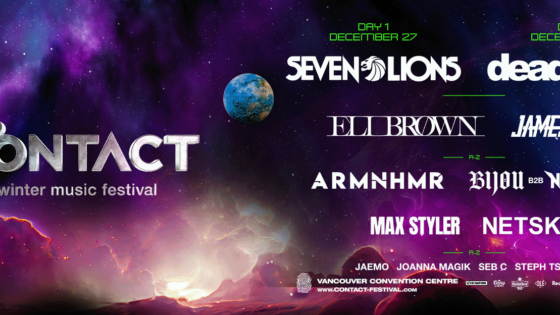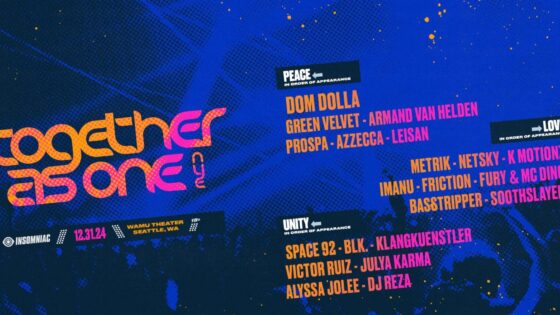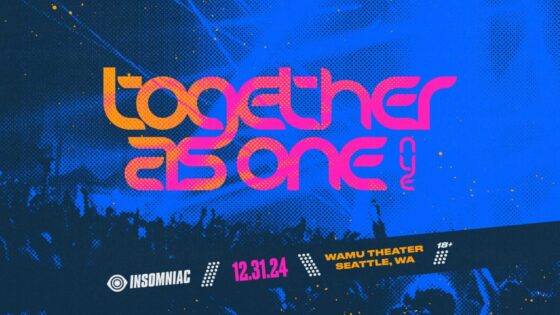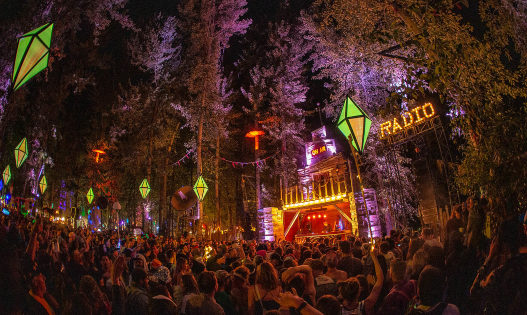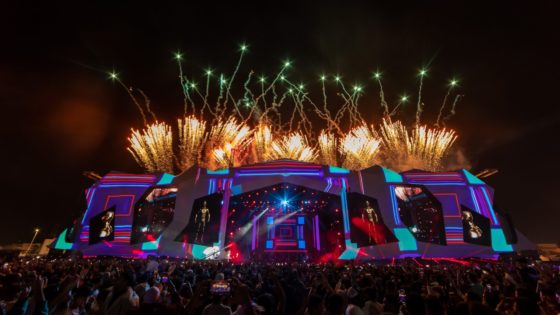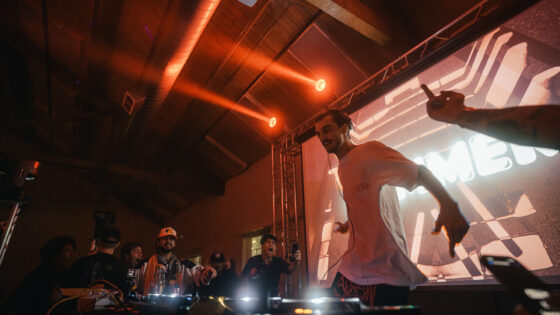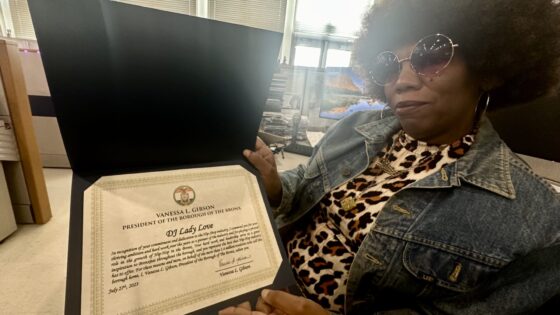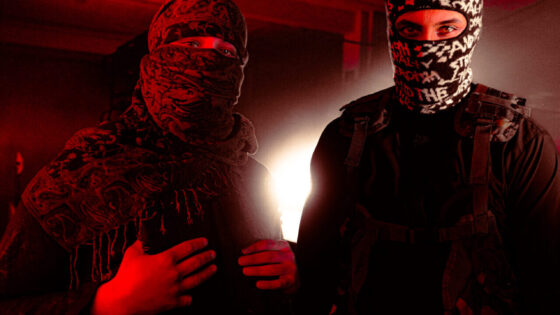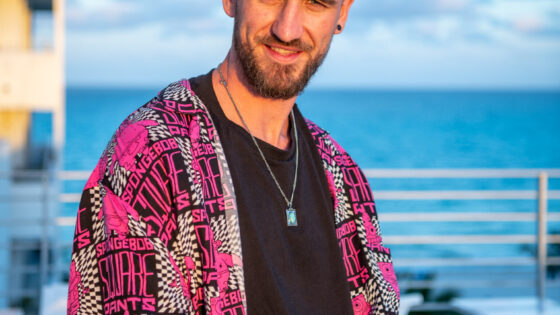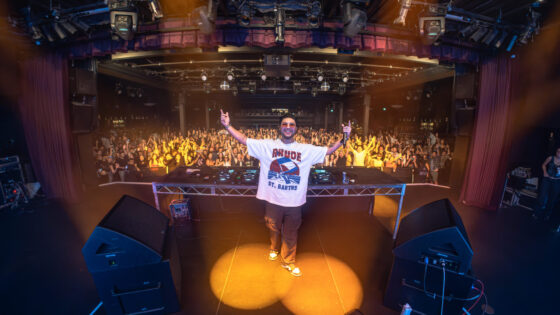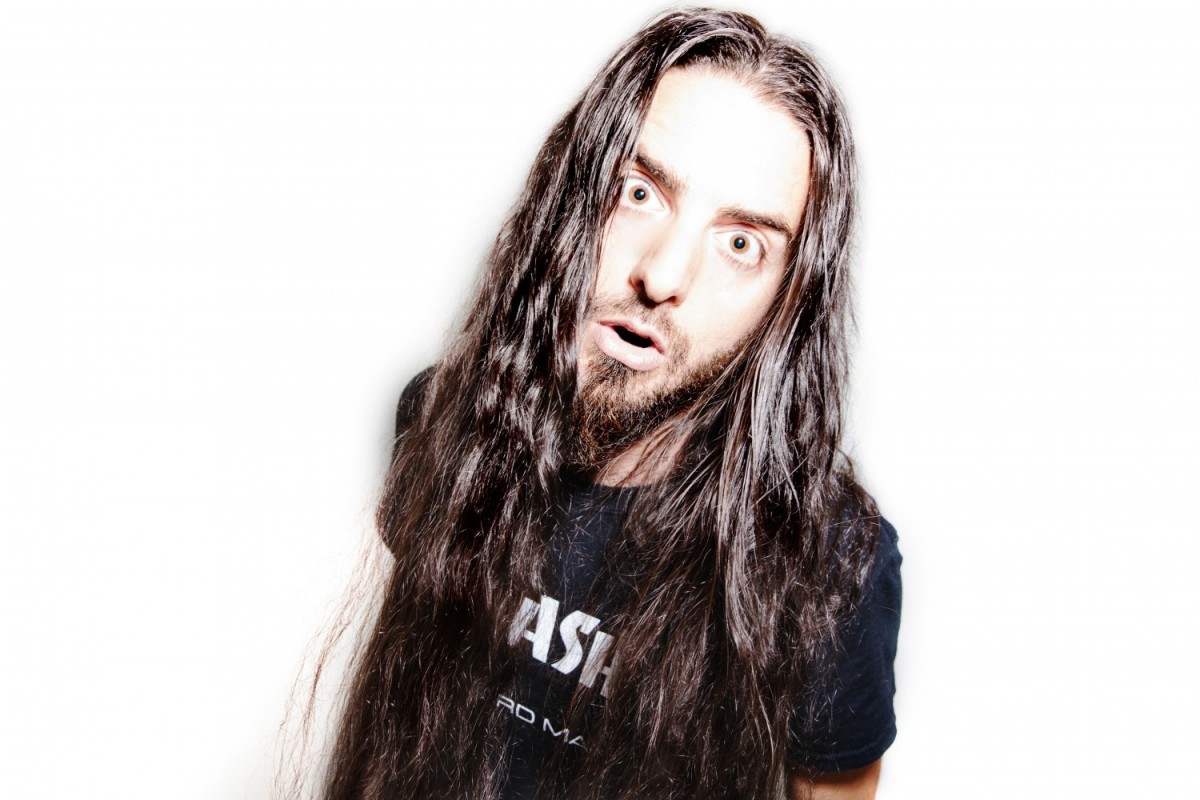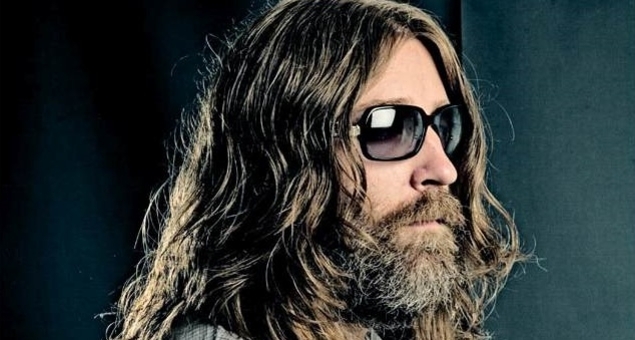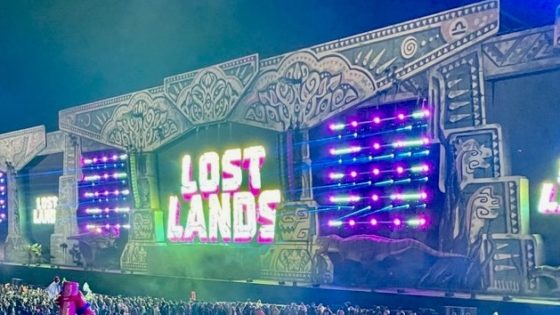[highlight ]In an age of social media overload, when “EDM” is so easily villainized as both a musical genre and a culture, are we really satisfied with our musicians being just musicians? Or does their power and platform necessitate a higher calling, for the good of our industry and the future of our scene?[/highlight]
With the advent of social media, the expanding integration of technology into our daily lives, and the figurative shrinking of the world, people’s opinions are easy to share and even easier to criticize. The connection between technology and dance music is an obvious one. The expansive use of social media, the internet, and technology in general within the dance music community proves that daily. That relationship, and its importance to EDM and its culture, creates a milieu between artists and fans that is completely unique in music.
It also leads to interesting interactions within the dance music scene. Combine these factors with the relatively recent EDM boom and you have the underpinnings for unprecedented access and communication between artists, fans, and seemingly anyone with the ability to tweet or comment.
The range of interactions is a wide one. EDM walks a fine line between a money-making-machine and an intimate community. Just take a look on social media and the broader internet, and the vast range is evident. There are artists like Bassnectar, Tommie Sunshine, and Kaskade who use their newly found platform to speak out on topics and start discussions on potentially divisive topics. There are artists who give glimpses of their personalities and utilize the internet to its full trolling and hilarity magnitude, such as deadmau5, Rob Swire, and Dillon Francis.
There are artists like Hardwell, Tiësto, and David Guetta, whose social media pages read like a PR-robot hacked their account. Hell, there are even artists like Borgore and Diplo, who use their interactive mediums to share picture after picture of #BootyforBorgore and #Twerking. Some artists find themselves drawn into the fray, when situations like MiMOSA going after Downlink or Crizzly getting punched in the face seemingly necessitate a response via social media.
This range of interactions makes way for an even wider range of reactions from the dance music community and beyond. Whether it’s a reply at Diplo discussing the Mad Decent Block Party kandi ban, or a comment on a rant from Tommie Sunshine about Electric Zoo being a police state; there’s no shortage of responses to these artist’s polarizing thoughts. This can lead to artist-fan dialogue on important, and difficult topics, while also potentially alienating current or future fans (and income) who disagree with their thoughts and beliefs.
Important things happen in Pacific Northwest nightlife, and DMNW will send you alerts!




